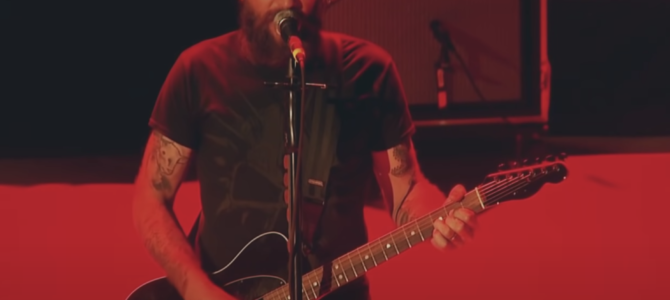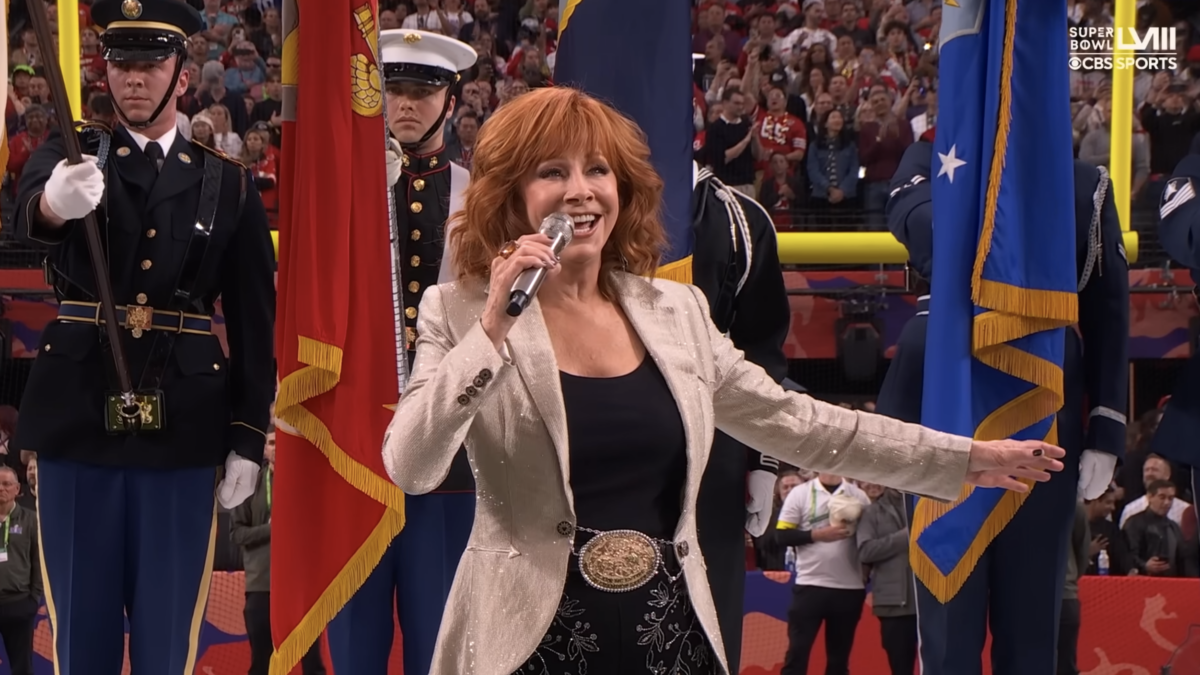
There is a tug of war in the country music world right now, and in many ways, it is a microcosm of the U.S. political climate. On one hand, there are Nashville executives churning out Sam Hunt snap tracks that add to the genre’s popification, and on the other, outlaws like Cody Jinks who have found a way to connect with listeners ill-represented in the corporate domain. In other words, it’s country populism.
But this is about more than just music — it always was. Anyone who pays attention to artists in any form knows meaning is inherent to the art itself. Just as Donald Trump’s rise to the presidency showed there are voters throughout the country who feel disenfranchised by elites who have run the political game for far too long, the rise of Cody Jinks shows there is a hunger among listeners for someone willing to sidestep the Nashville machine.
While Nashville would love nothing more than to lure him in and create a shtick, he remains in his own original, unencumbered sphere. Jinks, a 40-year-old former metal singer from Haltom City, Texas, is the sort of artist the country music establishment has sought to cut off from the public ever since Waylon Jennings defied the Buddy Holly era of suburbanite school dance tunes.
He’s a more rugged version of Chris Stapleton, a scrappy and former rocker who intertwines self-reflection with cultural pessimism, acknowledging his disconnect from elites, such as in “Hippies and Cowboys” (2010).
I’ve never been a part of any musical scene
I ain’t just talking Nashville, if you know what I mean
They don’t write about me in their magazines
And I don’t ask for no reviews on the songs that I sing
I never had a lot of friends and I’m alright by that
But people keep on coming back
Jinx describes how there is an establishment “musical scene” that exists in all genres, a ruling class of sorts that dictates what receives airplay and thus wins awards. Defying this predicament has not killed his career, and he notes that “people keep on coming back” because he connects with them.
“Hippies and Cowboys” goes a step further, as Jinks disavows country clichés concerning the “put together” person people should hang out with, and what exactly the archetypal country boy ought to look like. His outlaw roots show here, as he describes being able to “raise hell” with “hippies” and “cowboys,” two identities on both the left and the right. Politics doesn’t matter in his book.
Raising hell with the hippies and the cowboys
They don’t care about no trends
They don’t care about songs that sell
Yeah, tomorrow I’ll be gone
So tonight everybody just sing along
Raising hell with the hippies and the cowboys
In Jinx’s music, it is less about cementing his own “country” identity as much as illustrating his cultural roots, shortcomings, friends, and stories that come together to form a disjointed identity. His music is honest and detached from the politicization that my colleague Evita Duffy outlined as apparent in some corporate country today.
It’s worth quoting at length here. Jinx describes in “What Else is New” (2015):
Yeah, the cost of livin’ goes up and the pay goes down
I don’t care what’s right or left, y’all
I’m just out here with the rest
In the middle class, that still means broke to me
What else is new? I’m tellin’ you
I’m tellin’ what the blue collar man is goin’ thru
We don’t let no bad news hang around
It’s the same old situation
All the problems facin’ our great nation
So to hell to all those bringin’ that bad news down
And the politicians will never know
How to let their egos go
No, they could not give two damns ’bout you and me
Yeah, but they still got their pensions
With some tactics they’d rather not mention
That’s the price we pay for them livin’ free
Jinx is lamenting how political woes have gotten in the way of adequately addressing working-class needs. He notes, “I don’t care what’s right or left” because lawmakers have consistently worked for themselves, as he outlines in the third verse.
It is hard not to listen to this song and reflect on what exactly propelled Trump in 2016. The former president consistently ridiculed politicians’ “egos” and lack of care for the American people. It’s precisely why Trump declared, “the American Dream is dead.”
Just like Trump, Jinks has been wildly successful in his anti-establishment endeavors. Despite being independent, the Texan has made a killing on the Billboard charts. His album “I’m Not the Devil” was rated by Rolling Stone as one of the best country albums of 2016. His 2019 album “After the Fire and The Wanting” peaked at No. 1 for Top Albums on iTunes and Apple Music.
I’m not alone in identifying Jinks and others as aligning with a sort of “country populism” as an aesthetic, but more importantly as also a movement against the Nashville monopoly. “[Waylon Jennings’s] Outlaws won their battles, and in our day artists like Sturgill Simpson, Cody Jinks, and Corb Lund carry the standard of country populism,” wrote Bryson Piscitelli in The American Conservative summer 2021 print edition.
There are not simply two warring factions in the country music realm — especially given the democratization of art through media distribution. Country is more diverse than just about any other genre (Watch this video as an introduction). It’s not as simple as elites versus non-elites, but the juxtaposition plays out across sub-genres.
What you see in all sub-genres, especially due to executives seeking to carve out radio hits for a demographic that arguably listens more accidentally, like those who tune into CNN at an airport, are those who gain popularity without Nashville.
Jinks and others find a home in listeners’ hearts by sticking to what makes country non-duplicable and down-to-earth, and exercising independence over his career decisions. People are drawn to those in society who are inclined to not give a damn what those in power think.









